In today’s highly competitive online landscape, brands must establish a strong presence on platforms like Instagram, Google, LinkedIn, and even WhatsApp. From social media branding and website marketing to digital content creation and performance marketing, businesses need expertise. But here’s the big question:
Should you hire a freelancer or a digital marketing agency?
While both options offer unique benefits, choosing the right one can have a significant impact on your ROI, time management, and brand image. Let’s discuss this in depth and help you make a smart, informed decision.
Section 1: Understanding the Players
What is a Freelancer?
A freelancer is someone who provides specialized services such as SEO, content writing, social media management, or influencer marketing on a project or hourly basis. They are often skilled, flexible, and affordable. Freelancers have become a popular choice for businesses looking for agility and specific expertise without any long-term commitment.
Common freelancer roles in digital marketing:
Content creator
Paid advertising specialist
SEO consultant
Social media manager
Freelancers typically work independently, which means they can get work done in a shorter time frame and provide personalized service. However, their availability and ability to scale to suit your needs may be limited.
What is a digital marketing agency?
A digital marketing agency is a team of professionals who provide end-to-end marketing solutions under one roof. This can include brand management, website development, affiliate marketing, and digital performance marketing. Agencies bring structure, processes, and a holistic approach to digital growth.
Key agency services:
Full-scale online marketing strategies
Dedicated account management
Media strategy and planning
Cross-platform analytics and reporting
Campaign execution with periodic performance audits
Agencies often have in-house departments for every aspect of digital growth – ensuring your brand stays consistent, optimized, and competitive across all channels.
Section 2: Freelancers vs Agencies – The Ultimate Battle
1. Cost Efficiency
Budget-friendly, especially for startups.
You pay per project or by the hour.
No overhead costs.
Flexible contracts.
Agencies:
High upfront costs.
Monthly retainer or package-based pricing.
Comes with added value like expert oversight and strategic planning.
Regular performance tracking and optimization.
Verdict: Freelancers win in terms of affordability. Agencies win in terms of value.
2. Scalability and Resources
Freelancers:
Limited bandwidth; can struggle with multiple projects.
Can’t provide all services (you may need to hire multiple freelancers).
Possible delays if workload is overwhelmed.
Agencies:
The digital dilemma refers to the challenges and opportunities that arise from our increasing reliance on digital technology, such as concerns about screen time, mental health, privacy, and balancing online and offline life
Excessive use of digital devices, especially among teenagers and children, can lead to issues like sleep disturbances, anxiety, and feelings of isolation. It’s important to maintain a healthy balance between digital activities and real-life interactions
Multidisciplinary teams for everything from online PR to digital performance marketing.
Easily scale up or down campaigns based on your goals.
Ability to handle rapid growth or a sudden increase in workload.
Real example: A D2C brand needs influencers, paid ads, and SEO, which it would need to handle 3-5 freelancers. A top marketing agency can provide all of this under one roof, including integrated reporting, strategic alignment, and execution.
The Verdict: Agencies win for rapidly expanding businesses.
3. Accountability and Reliability
Freelancers:
It depends on the individual.
If they fall sick or forget you – your campaign suffers.
No formal contracts or SLAs unless specifically agreed.
Agencies:
Teams with backups ensure consistent delivery.
Service-level agreements (SLAs) and reporting systems.
Clear escalation channels and consistent delivery.
Verdict: Agencies offer more structure and accountability.
4. Specialisation and expertise
Freelancers:
Deep expertise in a particular area (e.g., influencer PR or Instagram Reels).
Great for one-off jobs.
Often more up-to-date with micro-trends in their domain.
Agencies:
Extensive knowledge base.
Offer a strategic mix of social media marketing, online PR, digital content and affiliate marketing.
Team collaboration allows for a variety of solutions.
Verdict: Freelancers for specific tasks. Agencies for overall campaigns.
5. Communication and project management
Freelancers:
Direct communication. Fast response.
Project management can be difficult if multiple freelancers are involved.
Possible time-zone mismatch.
Agencies:
You usually talk to a project/account manager.
Integrated tools like Trello, Slack or ClickUp for streamlined communication.
Regular reporting and review meetings.
Verdict: Agencies win for long-term or complex projects.
Section 3: When to hire a freelancer
Choose a freelancer if:
You’re a startup or solopreneur with a limited budget.
You need specialized help with a short-term project (e.g., logo, email campaign or blog).
You can’t coordinate and oversee projects

